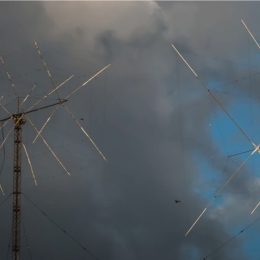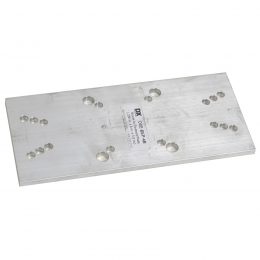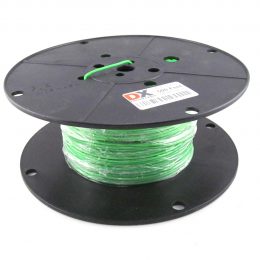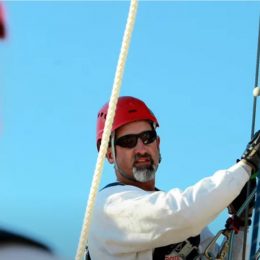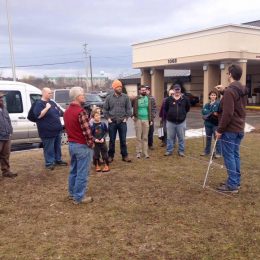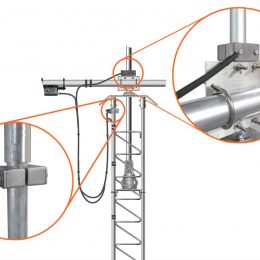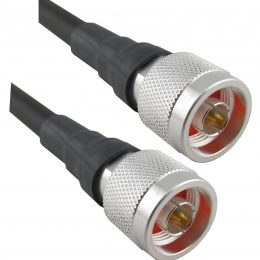Antenna Tech / Technical Articles
OnAllBands is pleased to present the second installment of DX Engineering’s Amateur Radio Tower Safety Video Series, featuring Tim Jellison, W3YQ. Tim is a longtime Amateur Radio operator, highly experienced […]
Amateur Radio News / HAM Radio 101
Whether you’re pursuing a career in Amateur Radio or a hobbyist looking to cut high education costs—Amateur Radio scholarships can help you accomplish your goal. Every year, the ARRL rewards […]
Photo Galleries
Editor’s Note: Every month, DX Engineering features QSL cards from our team members’ personal collections. To highlight upcoming DXpeditions, we’ll be displaying a few of our favorite cards along with […]
Products & Product Reviews
For those who are passionate about the challenges and rewards of building a homebrew Amateur Radio antenna, details matter when it comes to durability, performance, and appearance. In other words, […]
Products & Product Reviews
Since DX Engineering’s team of Elmers can’t be with you in person to discuss their lineup of new Amateur Radio products, OnAllBands will be featuring some of the latest gear […]
Technical Articles
Welcome to the first installment of DX Engineering’s Amateur Radio Tower Safety Video Series, featuring Tim Jellison, W3YQ. Tim is a longtime Amateur Radio operator, highly experienced and credentialed tower […]
HAM Radio 101
Thanks to the tremendous efforts of a team of dedicated Hams, led by key operators James Sarte, K2QI, and Adrian Ciuperca, KO8SCA, the United Nations Amateur Radio station, 4U1UN, is operating […]
HAM Radio 101
Ham radio is fun stuff! We enjoy building circuits, talking around the world without the internet, and developing our skills to be ready in case we’re ever needed for an […]
Technical Articles
Anyone who has had their antenna tower zapped by lightning knows that Mother Nature is not a friend of the Ham Radio community, or cares about how much you’ve invested […]
Products & Product Reviews
Editor’s Note: DX Engineering’s team of Elmers can’t be with you in person to discuss their lineup of new Amateur Radio products, so OnAllBands will be featuring some of the […]

